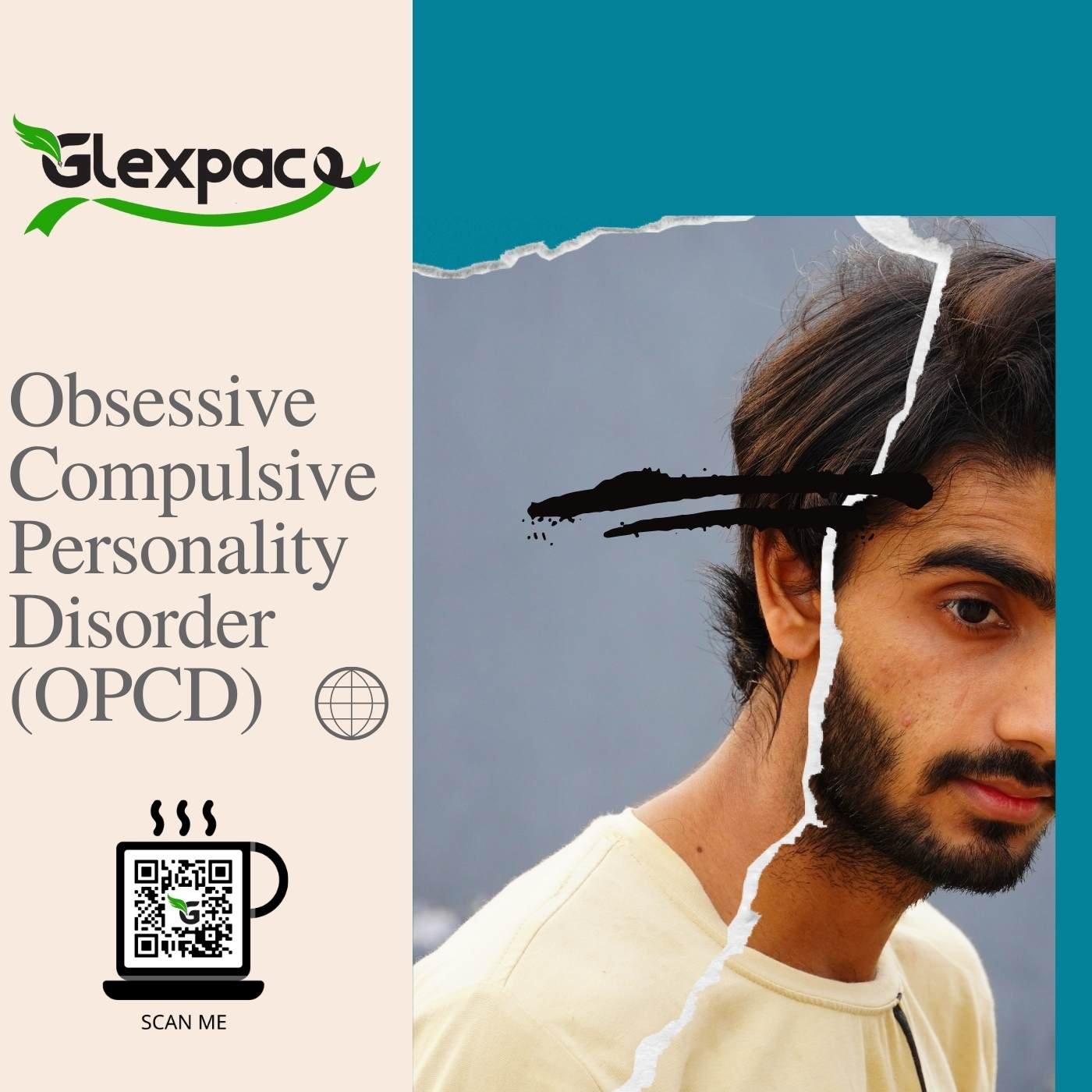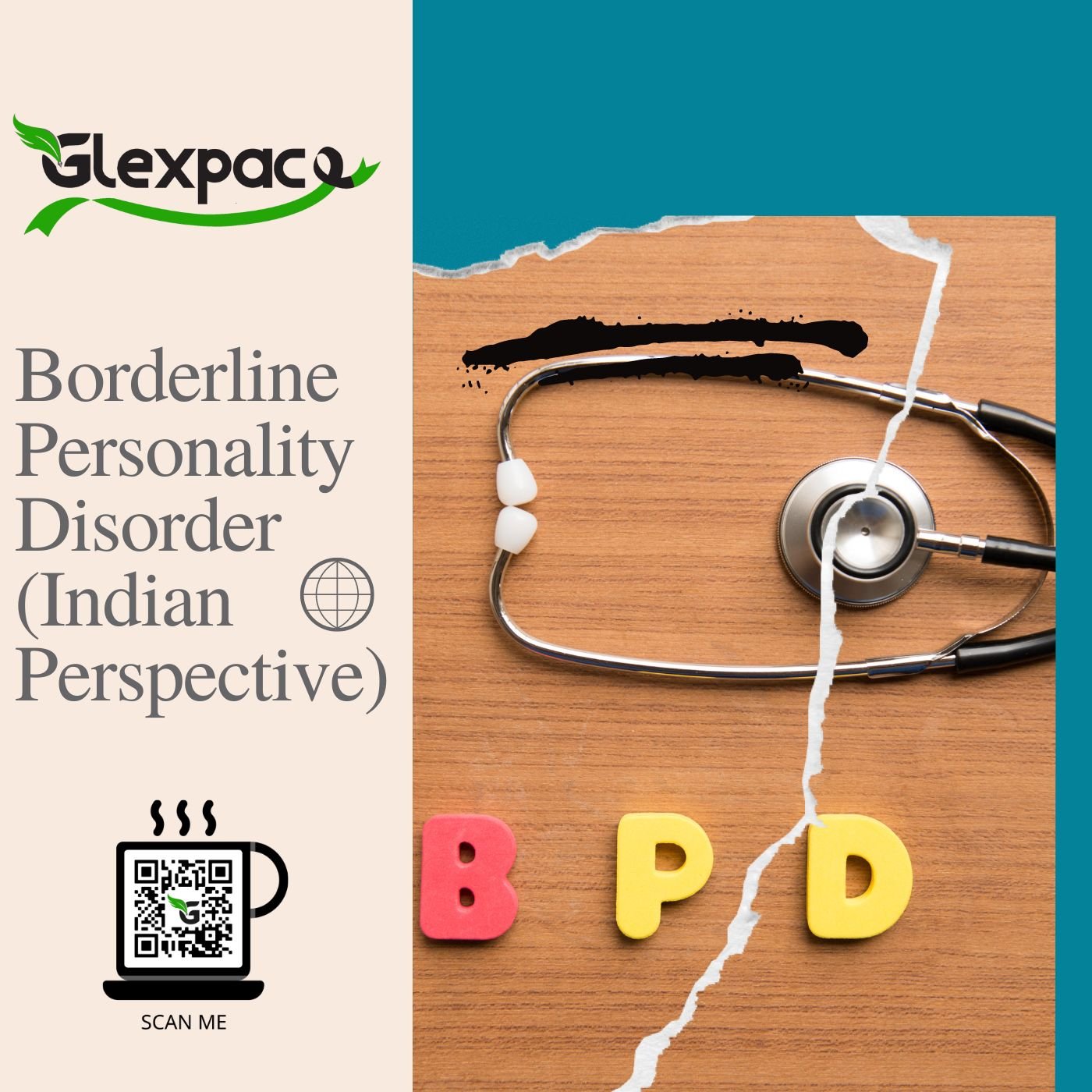Understanding the Impact of Comorbid Personality Disorders on OCD
Deep Thinking | 616 Visits

Obsessive-Compulsive Disorder (OCD) is a complex mental health condition often accompanied by comorbidities, particularly personality disorders. This article explores the prevalence and impact of comorbid personality disorders, with a focus on Obsessive-Compulsive Personality Disorder (OCPD), Schizotypal Personality Disorder (SPD), Borderline Personality Disorder (BPD), Avoidant Personality Disorder (AVPD), and Dependent Personality Disorder (DPD). Understanding the interplay between OCD and these personality disorders is crucial for effective management and improved treatment outcomes.
Obsessive-Compulsive Personality Disorder (OCPD)
OCPD, characterized by perfectionism, excessive preoccupation with details, and a need for control, is closely associated with OCD. The diagnostic criteria emphasize a pervasive maladaptive pattern, leading to significant socio-occupational dysfunction. While OCPD and OCD share some symptom domains, it's crucial to differentiate them. OCPD tends to be egosyntonic, with individuals often seeking help for anxiety, depression, or sexual dysfunction rather than acknowledging core personality issues.
Prevalence studies indicate a higher prevalence of OCPD in clinical populations, with rates ranging from 15% to 28% in individuals with OCD. The overlap in symptomatology underscores the importance of accurate diagnosis and tailored interventions.
Neurobiological studies suggest a heritability estimate of 0.78 for OCPD, emphasizing genetic factors in its etiology. Limited research on treatment options includes a small-scale trial using fluvoxamine, indicating potential responsiveness to selective serotonin reuptake inhibitors (SSRIs). Psychotherapeutic interventions, especially supportive-expressive psychodynamic sessions, have shown promise, but larger controlled studies are needed.
Impact of Comorbid OCPD on OCD
OCD with comorbid OCPD is associated with a younger age of onset, greater severity, poorer insight, higher comorbidity with depression or anxiety, and increased functional impairment. Noteworthy is the association with specific OCD symptomatology, such as "not just right experiences," hoarding, symmetry, ordering, counting, and arranging symptoms.
Treatment outcomes for OCD with comorbid OCPD present challenges. While perfectionism can enhance compliance with treatment, poor motivation to change and the rigid adherence to personal values may hinder progress, particularly in Cognitive Behavioral Therapy (CBT). Preliminary findings on exposure and response prevention (ERP) show mixed results, with some studies suggesting a poorer outcome when OCPD is present. Pharmacotherapy outcomes also vary, with conflicting results regarding the impact of OCPD on response to serotonin reuptake inhibitors.
Schizotypal Personality Disorder (SPD)
Although the prevalence of SPD among OCD patients is low (around 1%), up to half of OCD patients exhibit some schizotypal traits. SPD shares certain diagnostic criteria with OCD, including magical thinking and thought-action fusion. Neuropsychological studies indicate potential differences in brain regions affected by OCD-SPD comorbidity compared to OCD alone.
SPD consistently predicts poor treatment outcomes for both pharmacotherapy and CBT trials. The association with poor insight OCD, early onset, male gender, longer illness duration, and increased severity complicates treatment success. Some evidence suggests a potential positive response to antipsychotic augmentation of SSRIs.
Borderline Personality Disorder (BPD)
Approximately 5% of OCD patients also have comorbid BPD. This comorbidity is associated with higher rates of mood, anxiety, and eating disorders, as well as specific OCD symptomatology involving interpersonal domains, impulsive-compulsive disorders, and motor impulsivity.
Research on pharmacotherapy outcomes presents mixed results, with clomipramine studies showing an association between BPD and poor outcomes, while larger prospective studies suggest no significant impact on the course of illness. The nuanced nature of BPD symptoms and their influence on OCD symptomatology necessitate tailored treatment approaches.
Avoidant Personality Disorder (AVPD)
AVPD is the second most common comorbid personality disorder with OCD, with prevalence rates ranging from 5% to 15%. Research on treatment outcomes, particularly with clomipramine, yields conflicting results, complicating our understanding of the interaction between AVPD and OCD.
AVPD's potential barrier to collaborative empiricism in CBT highlights the importance of addressing interpersonal fears and avoidance patterns. Tailoring therapy to accommodate these challenges can enhance treatment effectiveness.
Dependent Personality Disorder (DPD)
With a prevalence rate of 7.6% among OCD patients, DPD is characterized by a need for care and reassurance. The comorbidity of DPD and OCD poses challenges in CBT, where reducing reassurance-seeking behaviors may be met with resistance.
Addressing the specific concerns of individuals with DPD within a therapeutic context, such as partner-assisted exposure, can contribute to successful outcomes.
Conclusion
Comorbid personality disorders significantly impact the presentation, course, and treatment outcomes of OCD. Acknowledging the intricate relationships between OCD and personality pathology is essential for tailoring effective interventions. Further research is needed to explore treatment strategies, both pharmacological and psychological, that consider the complexities introduced by comorbid personality disorders in OCD. A personalized and comprehensive approach is crucial to improve the lives of individuals grappling with these challenging comorbidities.
Reference - https://www.ncbi.nlm.nih.gov/pmc/articles/PMC6343421/
NHM, India etc.
Thanks for reading!
If you enjoyed please leave a like, join discussion in the comments and share it
with your friends!
Glexpace | Mental Health's Recent Articles


Understanding Borderline Personality Disorder in the Indian Context: A Comprehensive Exploration





